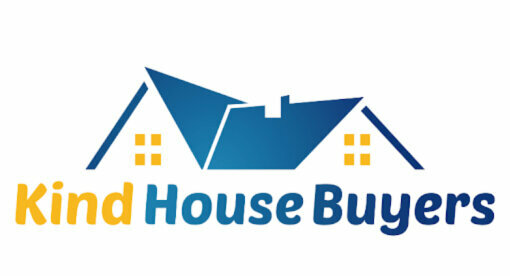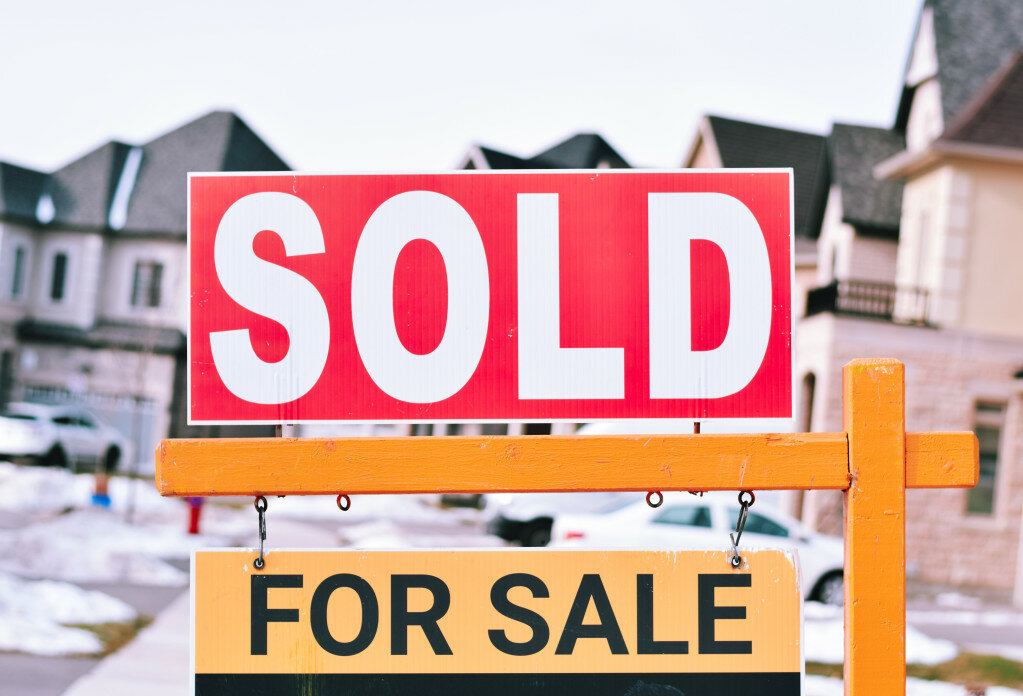The average homeowner in the U.S. will stay in their home for thirteen years before they sell it.
Considering that most mortgages are either fifteen or thirty years loans, that means that it’s very common for people to engage in home selling with a mortgage still not paid off.
If you’re wondering: Can I sell a home with a mortgage? You’ve come to the right place.
Let’s take a look at everything you need to know about selling your house with a mortgage.
What Happens to Your Mortgage When You Sell Your Home?
It’s very common for people to sell their houses when they still have a mortgage. In the ideal situation, you have enough equity in the property that the sale of the house will pay off your loan balance in addition to covering closing costs and making a profit.
When closing, the buyer’s funds go to paying off your remaining mortgage balance and closing costs first. The rest of the money then goes into your pocket.
One thing you’ll want to look into is whether or not there is a prepayment penalty attached to your mortgage loan. If you’re selling your house fairly soon after you bought it, there could be a financial penalty for paying off your mortgage too soon.
How to Find Out How Much You Still Owe on Your Mortage
Depending on how long you’ve lived in your house, how much you still owe on your mortgage compared to the original purchase price is going to vary widely. Since mortgages are typically amortized loans, you aren’t making a huge dent in the principal of the loan for the first several years of your mortgage.
In order to find out how much you still owe on your mortgage, you’re going to want to acquire your payoff amount. The way you do this is by contacting your lender either online or over the phone.
The payoff amount isn’t the same as the number listed on your mortgage statements as your remaining loan balance. This is because the payoff amount will include accrued interest dated to the closing date. You’ll also want to ask your lender how long the payoff amount number is good for, which is usually somewhere between ten and thirty days.
Equity: What Is It?
When you’re home selling with a mortgage, another important factor is the equity you have in the property. Equity is how much financial stake you have in the home.
There are two different types of equity that combine to make up your whole home equity.
The first is home investment equity. Home investment equity is the equity you gain in your property through the actual financial investments you’ve made over the years. These include your down payment, the amount you’ve paid to the loan principal, and the cost of renovations or upgrades you’ve made.
The second type of equity is earned equity. This is any additional profit you receive when you sell your home as a result of market conditions. You don’t realize earned equity until your home is sold. Earned equity includes equity that you gain when the local real estate market increases and reflects in the price of your home as well as any additional return on investment gained due to upgrades or renovations.
What Happens to Equity When You Sell Your House?
When someone buys your house, their funds cover transaction costs and pay your mortgage lender. Anything left over at that time is your profit. That is cash in your pocket that you can use for any purpose you please, but it’s common for this to turn into people’s down payment for their next house.
When a buyer purchases your house, the money first goes to repay the loan you had with your mortgage lender. Then, additional loans are paid off, such as home equity loans or home equity lines of credit. After this, the closing costs are paid, which include taxes, escrow fees, agent commission, and prorated HOA expenses.
Once all that is said and done, the rest of the money is transferred to you as profit. That is assuming that your home value hasn’t dropped in value since the time that you purchased it and it’s therefore worth more than you owe on it.
What If You Owe More Than Your House Is Worth?
When you don’t have enough equity in your property in order to pay off your mortgage, that’s known as being underwater or having negative equity.
There are a few options if your equity doesn’t cover the mortgage and the closing costs. The first option is that you can make up the difference with your own cash. The second is that you could sell your home with a short sale.
A short sale is something that your lender must agree to. When they allow you to sell your home through a short sale, they are agreeing to let you sell the property for less money than you owe them for it.
Selling a property with a short sale is not a decision you want to make lightly. This is something that people do when they are financially distressed and don’t have any other options. The lender might agree to let you sell the property for less than you owe and then will either forgive the leftover amount or take out a deficiency judgement against you.
Depending on what state you live in, it is sometimes legally required that lenders forgive the difference. Any money received from the sale of the home will go to the lender and none to the seller.
A deficiency judgement is a court ruling that states that the borrower is required to pay back the outstanding debt in full.
While a short sale is something done under financial distress, it is still a better option than having your home foreclosed upon. The financial consequences of undergoing a foreclosure are more severe than that of a short sale.
What Happens to Your Mortgage When You’re Buying a House at the Same Time You’re Selling One?
More than half of the people who sell their homes are also trying to buy a home at the same time. Depending on whether you buy or sell first, what happens with your mortgage will differ.
The easiest thing to do is to sell your home first before buying another one. This way, you don’t have to deal with covering the cost of two mortgages at once. It also allows you to use the equity in the house you are selling to fund the down payment and other associated costs for your new home.
If you buy a home before you sell your house, you’ll need to find the cash to cover the down payment. There are a number of options here, including taking out a HELOC, a bridge loan, or a piggyback mortgage.
You can also submit home offers with a contingency, stating that the closing can only occur once you’ve sold your home. If you are trying to buy a home in a competitive housing market, you might not have as much luck finding a seller who will accept a contingency offer.
Home Selling With a Mortgage and a HELOC
It is common for homeowners to take out a home equity line of credit in order to pay for large expenses at one time or another. Paying off your HELOC will be a part of where the money goes to when you sell your house at the same time you pay your lender the remaining payoff amount of your mortgage.
Selling a house with a HELCO attached to it shouldn’t cause any trouble so long as you have enough equity in your property. When the buyer presents their funds, the mortgage lender will be paid off first and then the HELOC loan. After closing costs are paid, the rest of the money is your profit.
Selling a House With a Mortgage: It’s Totally Possible
Buying and selling your house is one of the most stressful things any of us will ever do. Moving is stressful in itself without factoring in the major financial decisions involved.
If you’ve decided to engage in home selling with a mortgage still not paid off, you don’t have to worry. As long as you have enough equity in your home to pay off the mortgage and closing costs, as well as any HELOC loans you’ve taken out, it should go as smoothly as home sales typically do.
If however you need to sell your house fast and don’t have the time or patience to list it on the MLS and wait for it to sell, we can help. Contact us and we’ll make you a cash offer for your home so that you can move on to your new home within a matter of a few days.

